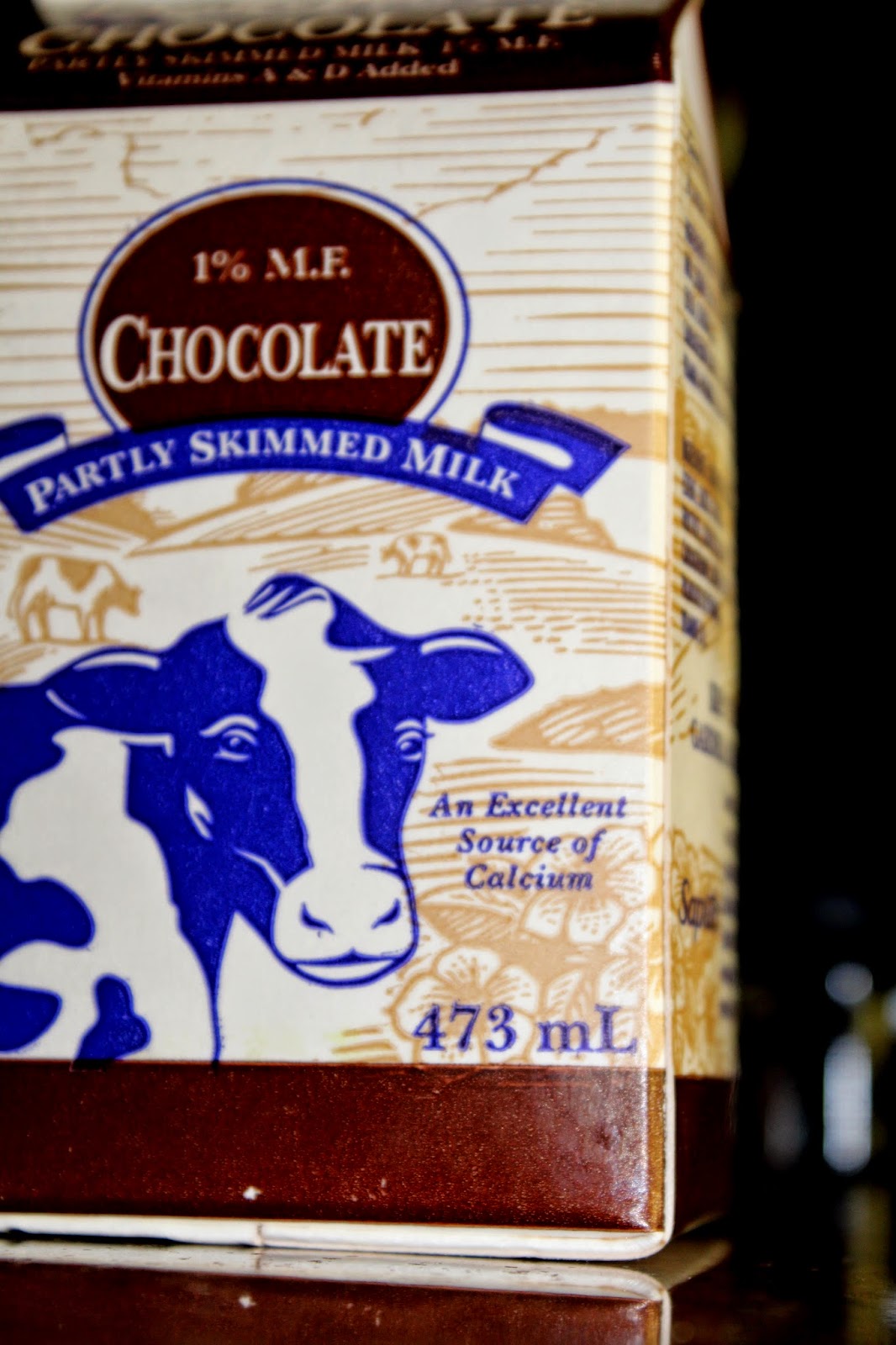Dairy is a product that many of us consume daily, whether it be in the form of milk, cheese, or yoghurt. Yet, many of us do not know how this is negatively effecting the environment, the animals producing it, and our health.
The production of dairy before it reaches the store is not in any way environmentally friendly. Trees must be cut down in order to make room for new factories; recently, there have been whole rainforests clear-cut just to keep up with the public's growing demand for dairy. These factories are some of the top contributors to the earth's greenhouse gases. The large amount of cow waste produces high amounts of methane and nitrate, which then pollutes our water and soil when disposed of. Also, milk production wastes a large amount of water; it takes 1200 litres of water to make one litre of milk.
Many people do not know and/or do not want to know what happens to the cows producing the products they buy. The dairy industry likes to portray this scenario in a good way, when there is nothing good about the way these animals are treated. From birth, the only thing that female cows know is the inside of a large, dark, overcrowded factory farm. They are artificially inseminated every year or so to keep them producing milk; once they can no longer do that, they are sent to the slaughterhouse, usually as young as 4-5 years. The calves are taken away from their mothers almost immediately after being born. The female calves are destined to the same fate as their mothers, while the male calves are raised for veal and kept alive chained to small crates for 18 months.
There is a constant demand for dairy from North American's; Since birth, we are told that drinking milk is good for us and that dairy is an essential part of a healthy diet. However, there have been many studies refuting this claim made by the dairy industry. Not only is dairy not necessary in a healthy diet, but it can also cause many negative side effects. It is thought by many that consuming milk will promote healthy bone growth, but it may actually increase a woman's chance of developing osteoporosis. Milk is also a main cause of food allergies in infants and children (e.g. lactose intolerance).
There are many things that we can all do to try and cut down on these problems, the most obvious one being to stop consuming dairy, but there are other ways. Everyone can just cut down on their consumption of dairy products, and try to pick dairy free options whenever possible. You could even try finding some local, family owned farms that are not part of a large corporation. In short, whenever you buy products from a large corporation, chances are your purchase is funding the destruction of our planet and possibly other beings.










No comments:
Post a Comment